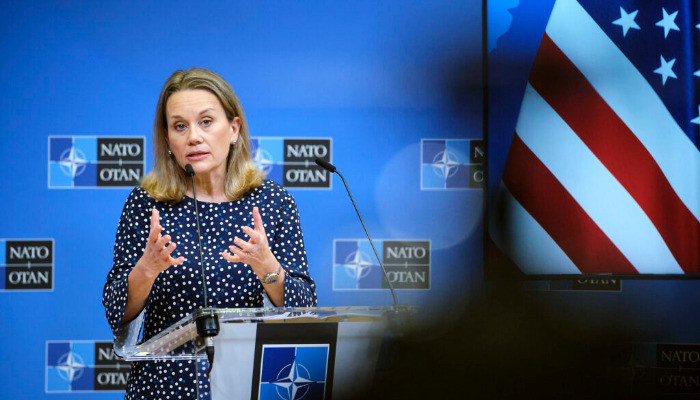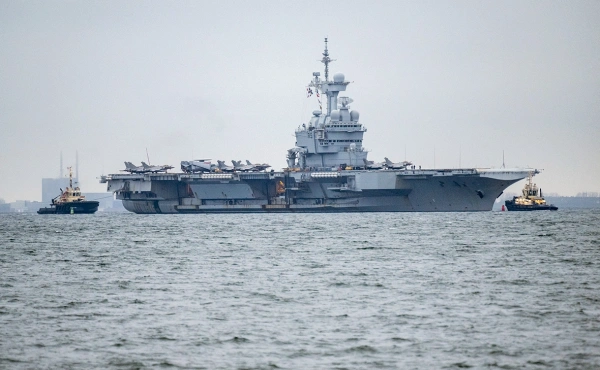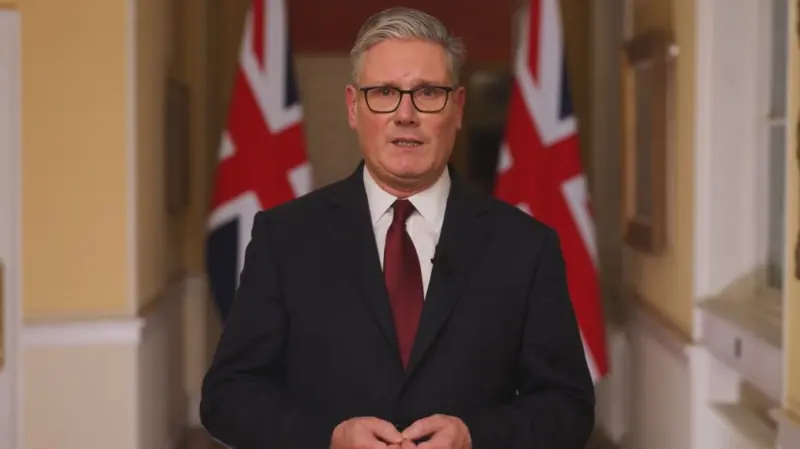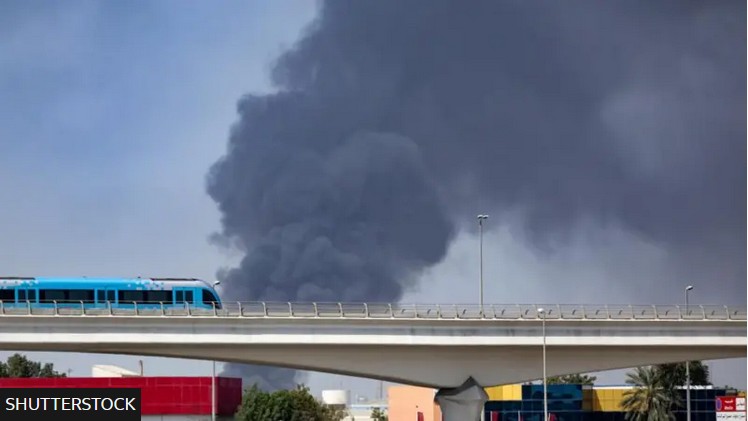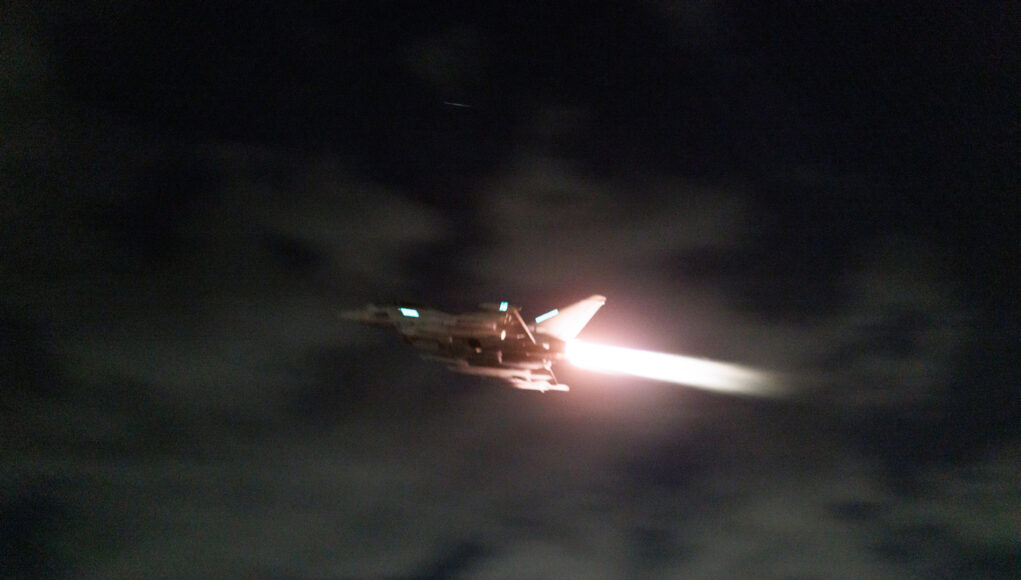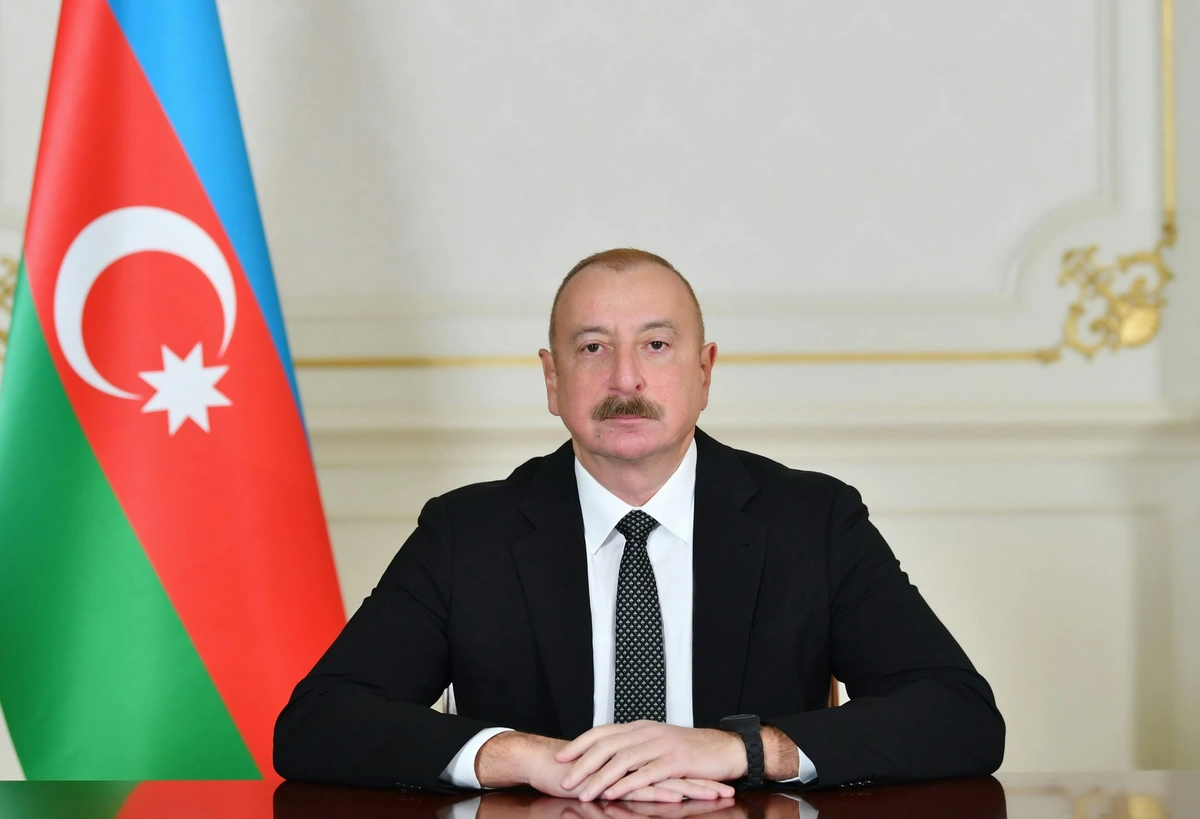The message coming from the NATO alliance and from Washington, including the president, is that a no-fly zone is not on the table right now. According to Ambassador Julianne Smith, US permanent representative to NATO that’s not something that the Alliance is looking at.
„I think our collective goal, the United States in consultation with its Allies, our goal right now is to end this war – to get Russia to leave Ukraine, to get Russia to stop these attacks on both the Ukrainian military and these indiscriminate attacks on civilians. We don’t want to expand this conflict. We do not want to see it spread above and beyond the current context. And so the feeling is that if we were to consider something like a no-fly zone, that would take us in the wrong direction.
- There is also a broader question here about the utility of considering that type of option. If you take, for example, the recent attack that we saw by the Russians on this military training facility in western Ukraine that was about – my understanding is it’s about 15 kilometers from the Polish border – what we learned from that was that Russia actually was able to instigate that attack from a Russian bomber in Russian airspace, begging the question about whether or not a no-fly zone in Ukrainian airspace would actually have a major impact on Russia’s ability to attack Ukrainian territory. So that’s a broader set of questions.
But again, I think when you think about the Alliance’s position on escalation and our interest in not escalating this conflict right now, where the Alliance has landed is to take that option off the table.
On the jets, I mean, what I can say broadly is, look, every member of this Alliance right now is trying to think about what more it can do. The remarkable story of the last couple of weeks, first and foremost, is that every member of this Alliance, every single one has already stepped forward and offered assistance. That assistance takes many forms. Several Allies are offering lethal assistance; some are offering humanitarian; most of them are offering both.
In the case of Poland, they obviously had some requests through their contacts in Kyiv. They heard loud and clear the request for these Soviet-era MiGs that they have in Poland. We had a debate about that particular option. At the end of the day, you heard the U.S. weigh in and say that they felt that this particular option was untenable. There were a number of – and there still are – open-ended questions about the mechanics of actually moving these planes from Poland to Ukraine. There are open-ended questions about pilots, about fuel, about missiles. And so, at this point, this is ultimately Poland’s decision, but to the extent that the U.S. has a view on this. Again, you’ve heard directly from the Pentagon on this matter that folks did not believe that at this point, this was the best option, and this was an option that had all of the details adequately sorted to actually make this transfer happen. So, that’s on that front.
On your last bit about air defense, look, the U.S. has already provided – really since the President came to the Oval Office in early 2021 – $1.2 billion worth of security assistance to Ukraine. Just in the last two weeks, we have provided $550 million in security assistance, and that mostly takes the form of anti-armor or anti-tank weapons. You’ve heard the President and the Secretary of Defense talk about the fact that we are continually assessing what additional needs our friends in Kyiv have. We will continue looking at what other aspects of or other forms of air defense we might be able to provide to Ukraine. And of course, you’ve no doubt seen the news that Congress just recently approved an additional $13.6 billion of support for Ukraine. So, this is an evolving story. It’s hard to take a snapshot on any given day because it’s clear that not only the United States but NATO Allies are continuing to look for additional ways that they can address Ukraine’s air-defense needs“, - Ambassador Julianne Smith says.


